The following funding opportunities have been announced. Please follow the links for more information.
The Department of Health, including NIHR, invites tenders for its small business research initiative call on faecal and urinary incontinence in frail elderly people. The call aims to find innovative new products and services to help with faecal and urinary incontinence in frail elderly people. Tenderers should address prevention, diagnosis, treatment and management.
Phase 1 shows the technical feasibility of the proposed concept, and Phase 2 contracts are intended to develop and evaluate prototypes or demonstration units from the more promising technologies in Phase 1. Only those projects that have completed Phase 1 successfully will be eligible for Phase 2.
Maximum award: up to £100,000 per project over six months
Closing date: 12:00pm, 11/08/15
NHS England, under the Department of Health, invites tenders for minimising the impact of falling. This competition focuses on minimising the impact of falls and the fear of falling in older people, and should address a range of unmet needs, expressed as ‘what if’ scenarios, that could improve the care that clinicians are able to offer to patients in terms of outcomes, experience and efficiency. Fall prevention services provide assessment, strength and balance training, occupational therapist support, vision assessments and medicines review. Tenders should show the technical feasibility of the proposed concept.
Maximum award: up to £100,000 per project for a maximum of six months.
Closing date: 12:00pm, 11/08/15
NHS England, under the Department of Health, invites tenders to address functional needs in the elderly. This competition aims to find technologies to help address, as well as provide solutions for, functional difficulties associated with patients, particularly the increasingly frail elderly suffering multi-morbidities (defined as suffering two or more chronic conditions). Technologies should be aligned to the three key challenges which are commonly associated with functional difficulties; these are: detecting frailty and monitoring deterioration; activities of daily living (including dressing above and below the waist, grooming, bathing and showering, light housework and preparing meals); and treatment burden, including adhering to disease management plans and lifestyle changes, as well as drug concordance, adherence and compliance. Tenders should show the technical feasibility of the proposed concept.
Maximum award: up to £100,000 per project for a maximum of six months.
Closing date: 12:00pm, 11/08/15
The Biotechnology and Biological Sciences Research Council, the Natural Environment Research Council and the Newton Fund invite proposals for their collaborative call with China, the Philippines, Thailand and Vietnam on rice research. This aims to build on the combined strengths of academic research groups within China, the Philippines, Thailand, Vietnam and the UK to work together on collaborative interdisciplinary and innovative basic, strategic or applied research that contributes to and underpins the long-term sustainable production of rice, and also an understanding that rice production sits alongside the provision of other ecosystem services. Projects of up to three years in duration and addressing the following challenges will be encouraged:
• Greater resilience to biotic and abiotic stresses;
• Improved resource use efficiency, including nitrogen, phosphorous and water;
• Improved quality of rice, including nutritional enhancement and grain quality;
• Novel research tool and technology development supporting the above areas, including systems biology, bioinformatics, screening and characterisation of germplasm for gene and trait discovery.
In addition to the challenges listed above, proposals will also be welcomed in the following areas and countries:
• Improved photosynthetic efficiency in rice (China, Thailand, UK)
• Environmentally sustainable rice cultivation systems (Thailand, Philippines, UK)
• Utilisation of rice by-products (Philippines, Vietnam, UK)
• Sustainably increasing the genetic yield potential of rice (China, UK)
Each proposal must involve at least one applicant based in the UK and one based in either China, the Philippines, Thailand or Vietnam. All proposals are required to have a UK principal Investigator, in addition to a PI from one or more of the partner countries.
All applicants must adhere to the national eligibility rules for research proposals.
The total budget from BBSRC and NERC is worth up to £6.5 million, with matched funding from the partner agencies in China, the Philippines, Thailand and Vietnam. Projects may last up to a maximum of up to three years.
Closing date: 16:00, 13/08/15
The Natural and Environmental Research Council (NERC) and the São Paulo Research Foundation (FAPESP) are inviting research proposals under this ‘Understanding and Sustaining Brazilian Biome Resources’ call. This call is supported by the UK through the Newton Fund which forms part of the UK governments Official Development Assistance (ODA) commitment and is only open to joint UK-Brazil applications.
This call aims to improve the understanding of the role of biodiversity in the functioning of ecosystems, the drivers and impact of change, and management and restoration options in Brazil. The call’s objectives are:
• Improve understanding of the role of biodiversity in major biome biogeochemical cycles at the whole-biome level;
• Explore the spatial correlations between ecosystem function in terms of biogeochemical cycles and the distribution of species of conservation concern, within a range of Brazilian ecosystems including forest and non-forest biomes;
• Critically assess the potential and trade-offs of ecosystem management and policy options to protect both key ecosystem functions and biodiversity and other ecosystem services.
Projects must undertake research at the biome spatial level, and should seek to utilise new or novel technological capability and make use of existing long term data sets that are available from other projects.
UK-based researchers associated with organisations eligible for NERC funding may apply. Brazilian researchers associated to public or non-profit higher education and research organisations in the state of São Paulo may apply.
NERC will provide up to £2 million at 80 per cent full economic cost for UK-based researchers with FAPESP providing matched equivalent effort to Brazilian researchers.
It is expected that two to three project proposals, lasting up to three years, will be funded.
Closing date: 16:00, 02/09/15
The Engineering and Physical Sciences Research Council and the Natural Environment Research Council has extended the closing date for technical assessments and applications for their ARCHER leadership projects.
The previous deadline of 1 September has been extended to 7 September 2015. All other call details remain the same.
These awards provide direct access to the UK’s national supercomputing facility ARCHER for computationally intensive individual projects. Eligible projects may include the following:
• Leadership calculations that push the boundaries of scientific high performance computing;
• Calculations that require a large number of processing cores;
• High-risk, high-reward projects that rely heavily on high performance compute resource and have significant potential for large future impact;
• Substantial computational projects by experienced teams that need large compute resources, but do not rely on additional support by EPSRC or NERC;
• Pre-competitive computational production runs by non-academic research groups within sectors related to the remits of the ARCHER partner research councils.
Applicants should be individuals eligible to hold a full EPSRC or NERC grant, or persons of similar standing in industry or the third sector.
A total of 2m kAU is available, split between EPSRC and NERC remits at the ratio of 77 % EPSRC and 23 % NERC. Each applicant should apply for at least 100,000 kAU for a maximum period of two years.
Closing date: 16:00, 07/09/15
The Centre for Defence Enterprise and Defence Science and Technology Laboratory invite innovative proposals for their themed competition on ‘what’s inside that building’. This supports phase one research projects that aim to develop novel techniques which remotely provide information about the layout and situation inside a building, or underground facility from a range of at least 100 metres. Projects should develop and mature technology readiness level 2 to 3 concepts based on both direct sensing and inference from indirect measurements. In addition, they should address the following technology challenges: novel applications of traditional sensing methods; new technologies and approaches.
Proposals may include technologies that address the following:
• Detecting concealed manufacturing activity;
• Finding out about the internal structure of a building in preparation for entry, including walls, furniture and electrical equipment;
• Identifying illegal storage activities;
• Working out the number of people in a building and what they are doing;
• Detecting people who are hiding or being held against their will;
• Supporting disaster relief, for instance seeing under collapsed buildings.
Preference may be given to projects that produce a technology demonstration as opposed to projects that only deliver a written report.
The total budget for phase one of this competition is worth £650,000. There is no cap on proposals, however MOD is more likely to fund phase one projects worth between £50,000 and £100,000. Successful projects may receive an additional £500,000 for phase two of the competition, in which funding is awarded on a per-project basis. Proposals should focus on a short, sharp, proof of concept phase, typically lasting between 3 to 8 months.
Closing date: 17:00, 10/09/15
Nesta, in collaboration with Innovate UK, invites proposals for the Longitude prize. This rewards the development of a transformative point-of care diagnostic test to revolutionise the delivery of global healthcare and conserve antibiotics for future generations. The test must be accurate, rapid, affordable, easy to use and available to anyone, anywhere in the world. It should be able to identify when antibiotics are needed and, if they are, which ones to use.
Anyone and any organisation may enter. Teams must include a member who has a presence in the UK. The competition is only open to those who have developed a new diagnostic test.
The winner is awarded £8 million. £2m is awarded to support promising entries along the way. The prize money must be used to develop and market the winning solution.
Closing date: 30/09/15
Innovate UK’s IC tomorrow, in collaboration with several partners, invites proposals for its digital innovation contest on games. This supports the development of an innovative commercial prototype service or application across five areas which different areas of the games industry. Proposals should address one of the following challenges:
• Second-screen use in a game, supported by Sony Computer Entertainment Europe (SCEE);
• Open street map data, supported by Crytek UK;
• New markets and perceptual computing, supported by Intel;
• Wider games distribution on mobile web, supported by Google Chrome;
• Games and cinema, supported by Odeon Cinema and Pinewood Studios.
Businesses based in the UK and EU may apply.
Five companies may receive up to £25,000 each. The total budget is £125,000.
Closing date: 12:00pm, 16/10/15
Follow-on funding from The Natural Environment Research Council
As the name suggests, the Follow-on Fund picks up where research programme and discovery science (responsive mode) grants leave off, and enables their commercial potential to be realised by further developing the research outputs.
Examples of activities funded include technology licensing, launching technology-based products or services, selling know-how based consultancy services, and the commercialisation of NERC-funded datasets.
Researchers who are receiving/have received NERC funding may apply. Proposals must build on the outputs of recent/previous NERC-funded research activity. Applicants are encouraged to seek input from potential commercial stakeholders and end-users before submitting an application. Projects do not have to be based on proprietary, patentable intellectual property, though all proposals must have demonstrable economic potential, and be likely to deliver some form of societal or environmental benefit.
Each proposal may receive up to £100,000 at 80 per cent full economic cost.
Closing date: 22/10/15
Please note that some funding bodies specify a time for submission as well as a date. Please confirm this with your RKEO Funding Development Officer
You can set up your own personalised alerts on Research Professional. If you need help setting these up, just ask your School’s/Faculty’s Funding Development Officer in RKEO or view the recent blog post here.
If thinking of applying, why not add notification of your interest on Research Professional’s record of the bid so that BU colleagues can see your intention to bid and contact you to collaborate.
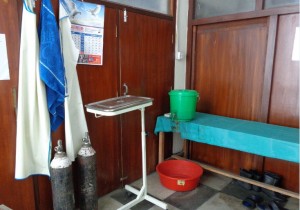
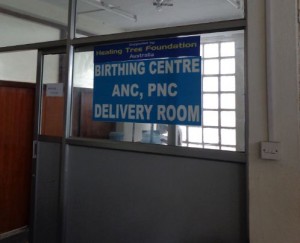
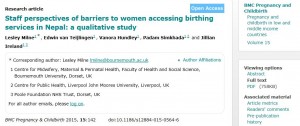
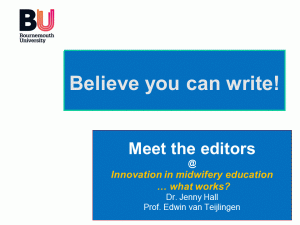
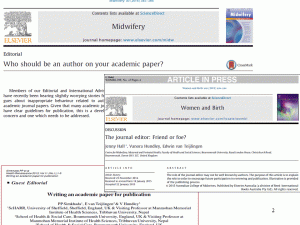
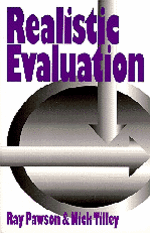



![InnovateUK_LogoA_Interim_RGBx320govuk[1]](http://blogs.bournemouth.ac.uk/research/files/2014/12/InnovateUK_LogoA_Interim_RGBx320govuk1-300x90.jpg)




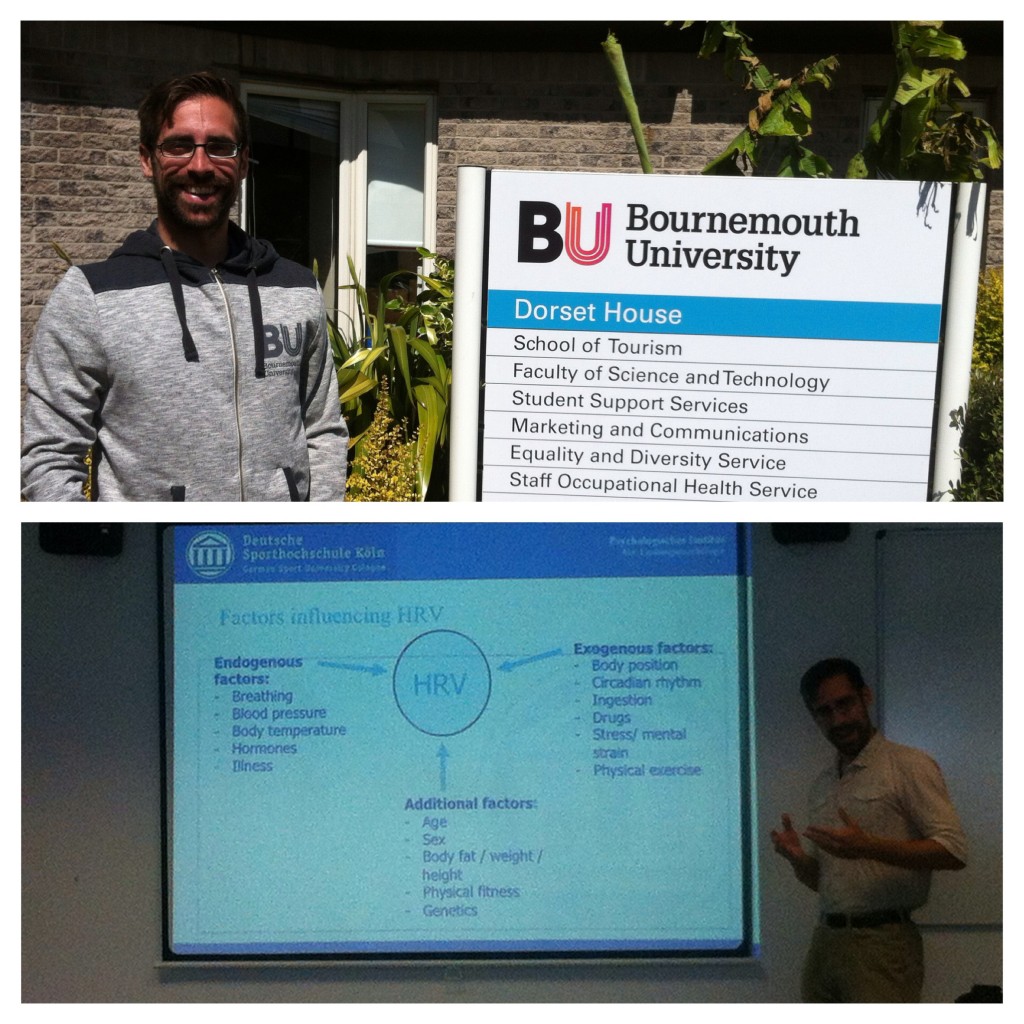
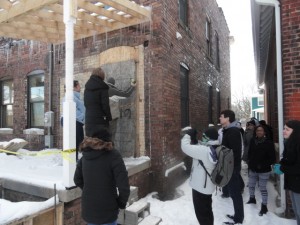
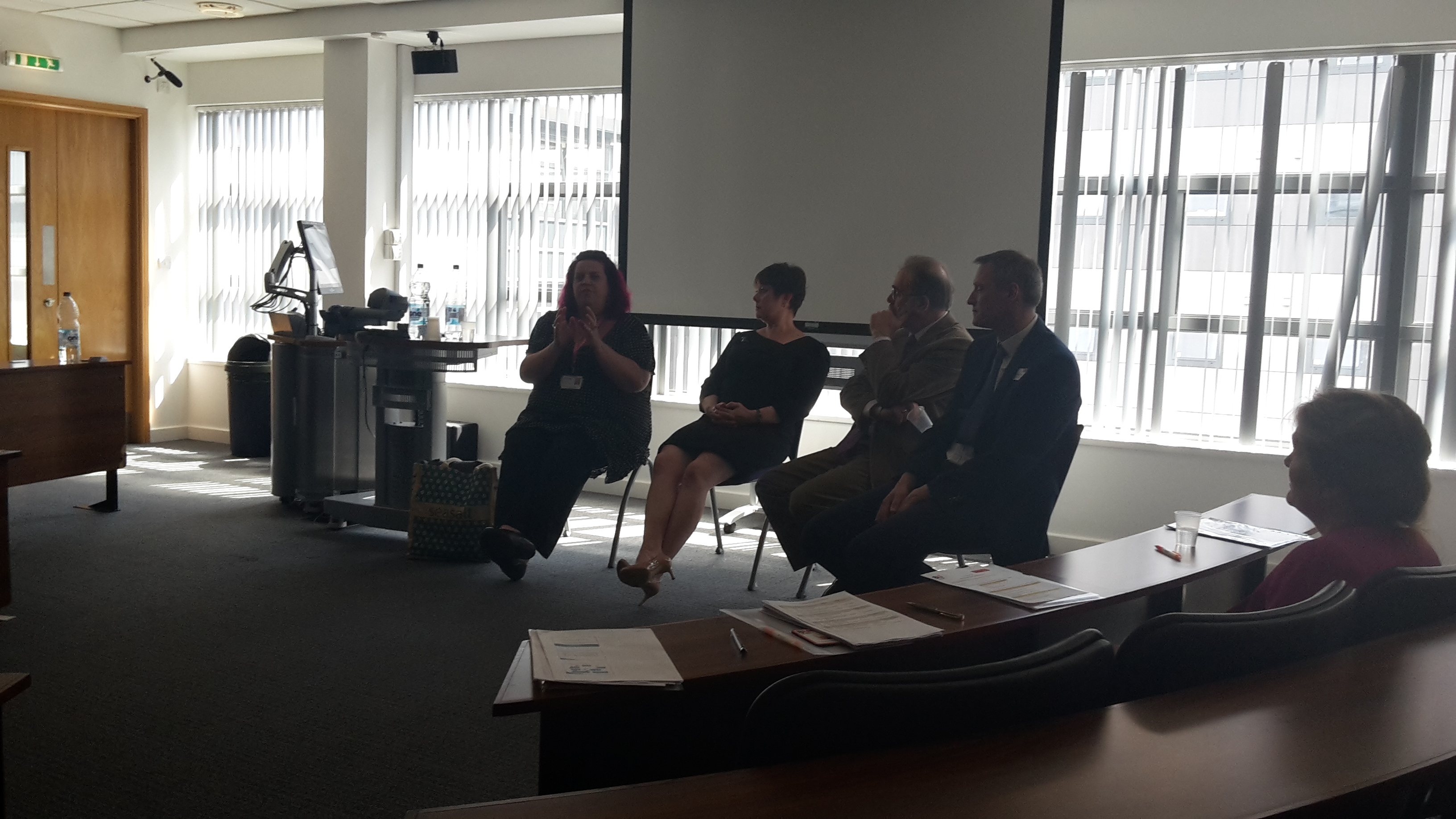

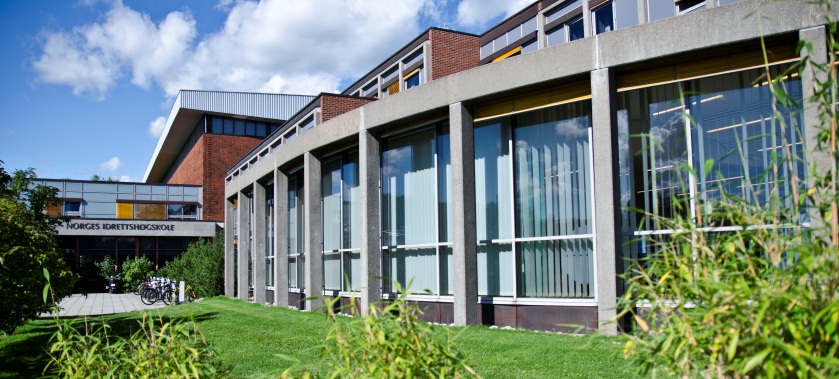
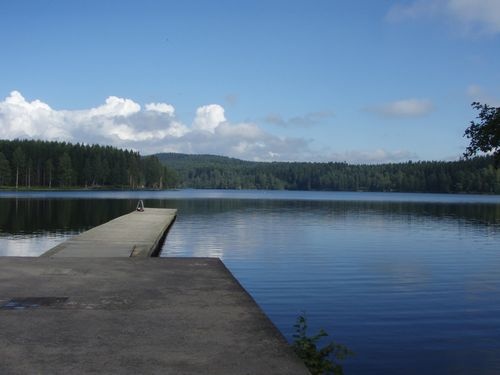

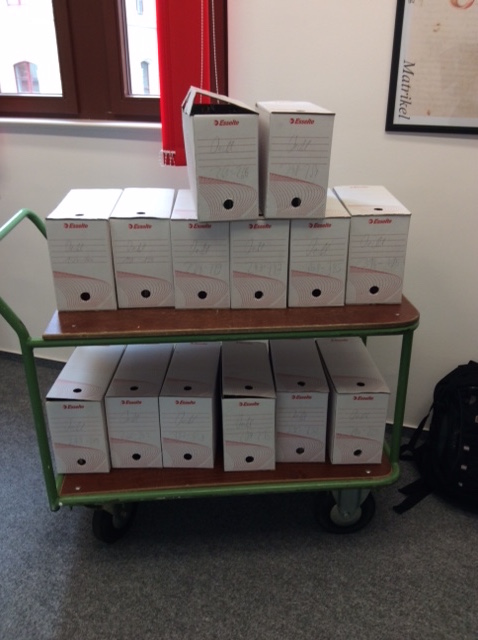











 April’s Café Scientifique – Should we help machines understand and respond to our emotions?
April’s Café Scientifique – Should we help machines understand and respond to our emotions? Postgraduate Research Experience Survey (PRES) 2024 – 2 WEEKS LEFT
Postgraduate Research Experience Survey (PRES) 2024 – 2 WEEKS LEFT Working with The Conversation: online training session – Wednesday 8th May
Working with The Conversation: online training session – Wednesday 8th May Apply for up to £1,000 to deliver an event and take part in a national festival of public engagement with research
Apply for up to £1,000 to deliver an event and take part in a national festival of public engagement with research MSCA Postdoctoral Fellowships 2024
MSCA Postdoctoral Fellowships 2024 Horizon Europe News – December 2023
Horizon Europe News – December 2023